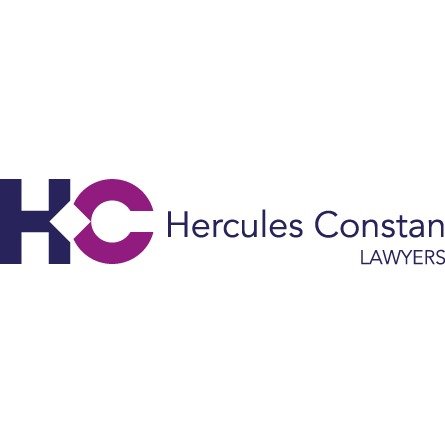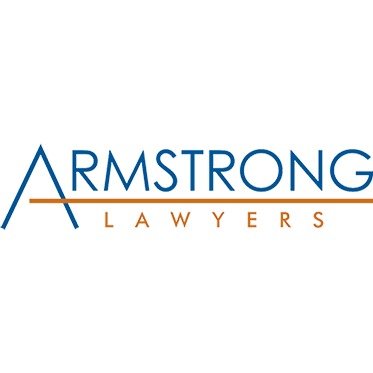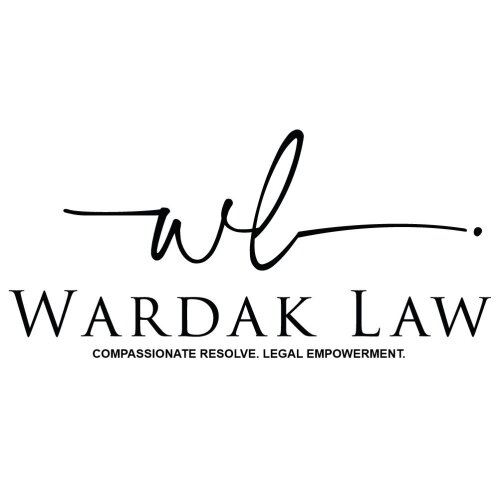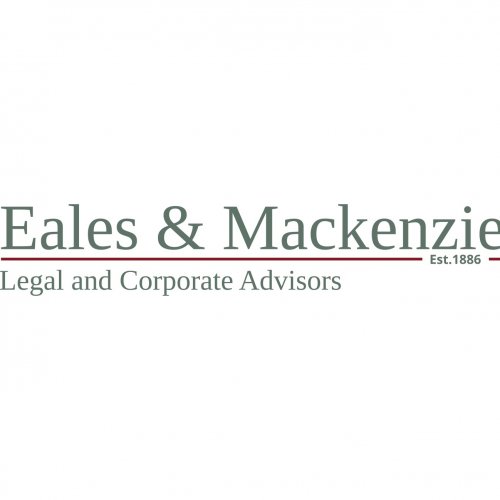Best Nonprofit & Charitable Organizations Lawyers in Melbourne
Share your needs with us, get contacted by law firms.
Free. Takes 2 min.
List of the best lawyers in Melbourne, Australia
About Nonprofit & Charitable Organizations Law in Melbourne, Australia
Nonprofit and charitable organizations in Melbourne serve various essential functions, ranging from providing social services and supporting education to advancing cultural initiatives and environmental conservation. The legal framework governing these organizations is designed to ensure transparency, accountability, and effective use of resources. In Melbourne, nonprofit organizations must comply with both federal and state laws, including registration requirements, governance obligations, and reporting standards. Understanding these regulations is crucial for anyone involved in establishing or managing such an organization.
Why You May Need a Lawyer
There are several situations where individuals or organizations may seek legal advice in the realm of nonprofit and charitable organizations:
- Formation and Registration: Legal guidance is often necessary to navigate the complexities of establishing and registering a nonprofit or charitable organization.
- Governance and Compliance: Ensuring that the organization adheres to its constitution, complies with local and federal laws, and follows good governance practices often requires professional legal advice.
- Taxation Issues: Nonprofits may need assistance with understanding tax-exempt statuses, navigating changes in tax obligations, or handling potential audits.
- Employment Law: Advising on employment contracts, volunteer agreements, and workplace policies.
- Dispute Resolution: Legal representation may be required to handle disputes involving board members, employees, donors, or beneficiaries.
Local Laws Overview
In Melbourne, nonprofits need to be aware of several key areas of law:
- Incorporation: Organizations may choose to incorporate under state legislation such as the Associations Incorporation Reform Act 2012 (VIC) or nationally under the Corporations Act 2001 for those seeking broader recognition.
- Charitable Status: Obtaining recognition as a charity requires registration with the Australian Charities and Not-for-profits Commission (ACNC).
- Fundraising Laws: Compliance with the Fundraising Act 1998 is necessary for organizations conducting public fundraising activities.
- Financial Reporting: Specific reporting requirements depend on the size of the organization and its regulatory body, such as the ACNC or Consumer Affairs Victoria.
Frequently Asked Questions
What is the difference between a nonprofit and a charity?
While both types of organizations operate without a profit motive, charities have a specific purpose of providing public benefit and must meet criteria defined by the ACNC, whereas nonprofits cover a broader range of activities, not limited to charitable aims.
How do I register a nonprofit organization in Melbourne?
Registration typically involves creating a legal structure (such as an incorporated association), drafting governance documents, and applying through relevant authorities, including the ACNC for charities.
What are the tax advantages for nonprofits in Australia?
Nonprofits may qualify for various exemptions, including income tax exemption, GST concessions, and fringe benefits tax rebates, contingent upon their activities and status with taxation authorities.
Are nonprofits in Melbourne required to have a board?
Yes, governance plays a crucial role, and having a board is a critical requirement for overseeing the management and strategic direction of the organization.
How are disputes within nonprofit boards usually resolved?
Conflicts are initially addressed through mediation and internal dispute resolution processes, outlined in the organization's constitution or bylaws. Legal assistance might be needed if conflicts escalate.
Can nonprofits pay their board members?
Generally, board members serve on a voluntary basis, but compensation can be permitted if specified in the organization's governing documents and approved by the ACNC or similar authorities.
What annual compliance requirements exist for nonprofits?
Nonprofits must submit annual returns, financial reports, and comply with ongoing obligations as detailed by the ACNC or local legislation.
Can a nonprofit change its mission?
Changes to a nonprofit’s mission may require member approval and should align with public benefit goals. Formal processes as outlined in the organization’s constitution must be followed.
How do nonprofits ensure transparency?
Commitment to transparency involves regular financial reporting, following governance standards, and maintaining open lines of communication with stakeholders.
What legal obligations do nonprofits have regarding volunteers?
Nonprofits must ensure the safety and well-being of volunteers, providing necessary training, and adhering to employment and occupational health and safety regulations.
Additional Resources
For further assistance, the following resources can be highly beneficial:
- Australian Charities and Not-for-profits Commission (ACNC): Provides comprehensive guidance on charitable registration and compliance.
- Consumer Affairs Victoria: Offers support and information on incorporated associations.
- Justice Connect’s Not-for-profit Law: Provides legal information and resources tailored for nonprofits and charities.
- Australian Taxation Office (ATO): Offers key insights into tax obligations and exemptions for nonprofit entities.
Next Steps
If you need legal assistance in the nonprofit and charitable organizations sector in Melbourne, consider the following steps:
- Assess Your Needs: Clearly identify the legal questions or challenges your organization faces.
- Seek Professional Legal Advice: Engage with lawyers specialized in nonprofit and charitable organization laws, ensuring they have experience relevant to your issues.
- Utilize Available Resources: Access online legal resources, attend workshops, and reach out to organizations like the ACNC or local legal hubs for preliminary guidance.
- Ensure Compliance: Regularly review your organization’s compliance with current laws and regulations, adapting to any changes as necessary.
Lawzana helps you find the best lawyers and law firms in Melbourne through a curated and pre-screened list of qualified legal professionals. Our platform offers rankings and detailed profiles of attorneys and law firms, allowing you to compare based on practice areas, including Nonprofit & Charitable Organizations, experience, and client feedback.
Each profile includes a description of the firm's areas of practice, client reviews, team members and partners, year of establishment, spoken languages, office locations, contact information, social media presence, and any published articles or resources. Most firms on our platform speak English and are experienced in both local and international legal matters.
Get a quote from top-rated law firms in Melbourne, Australia — quickly, securely, and without unnecessary hassle.
Disclaimer:
The information provided on this page is for general informational purposes only and does not constitute legal advice. While we strive to ensure the accuracy and relevance of the content, legal information may change over time, and interpretations of the law can vary. You should always consult with a qualified legal professional for advice specific to your situation.
We disclaim all liability for actions taken or not taken based on the content of this page. If you believe any information is incorrect or outdated, please contact us, and we will review and update it where appropriate.

















